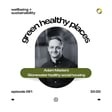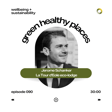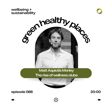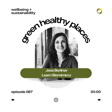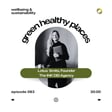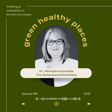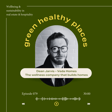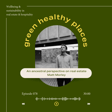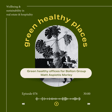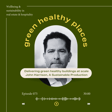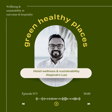
Green Healthy Places 068: Positive living student accommodation - Laura Wood of Fusion Group, UK
Welcome to episode 068 of the Green Healthy Places podcast in which we discuss the themes of wellbeing and sustainability in real estate and hospitality.
Today I’m in the UK talking to Laura Wood, Head of Marketing at Fusion Group, where she oversees letting strategy, PR and communications as well as student welfare and experience for a residential developer brand based around ‘positive living’ in the student accommodation sector.
Laura has more than a decade of PR and marketing expertise and is something of a Purpose Built Student Accommodation, or ‘PBSA’ expert.
Full disclosure, Fusion are currently my client (Biofit gym design), so we’ve been working together for the past six months or so designing their leisure spaces, gyms and wellness facilities in Nottingham, Manchester, London and Birmingham.
We’ll obviously touch on that in our conversation but I also want to look at the wider themes of sustainability and wellbeing within the purpose built student accommodation sector in the UK.

